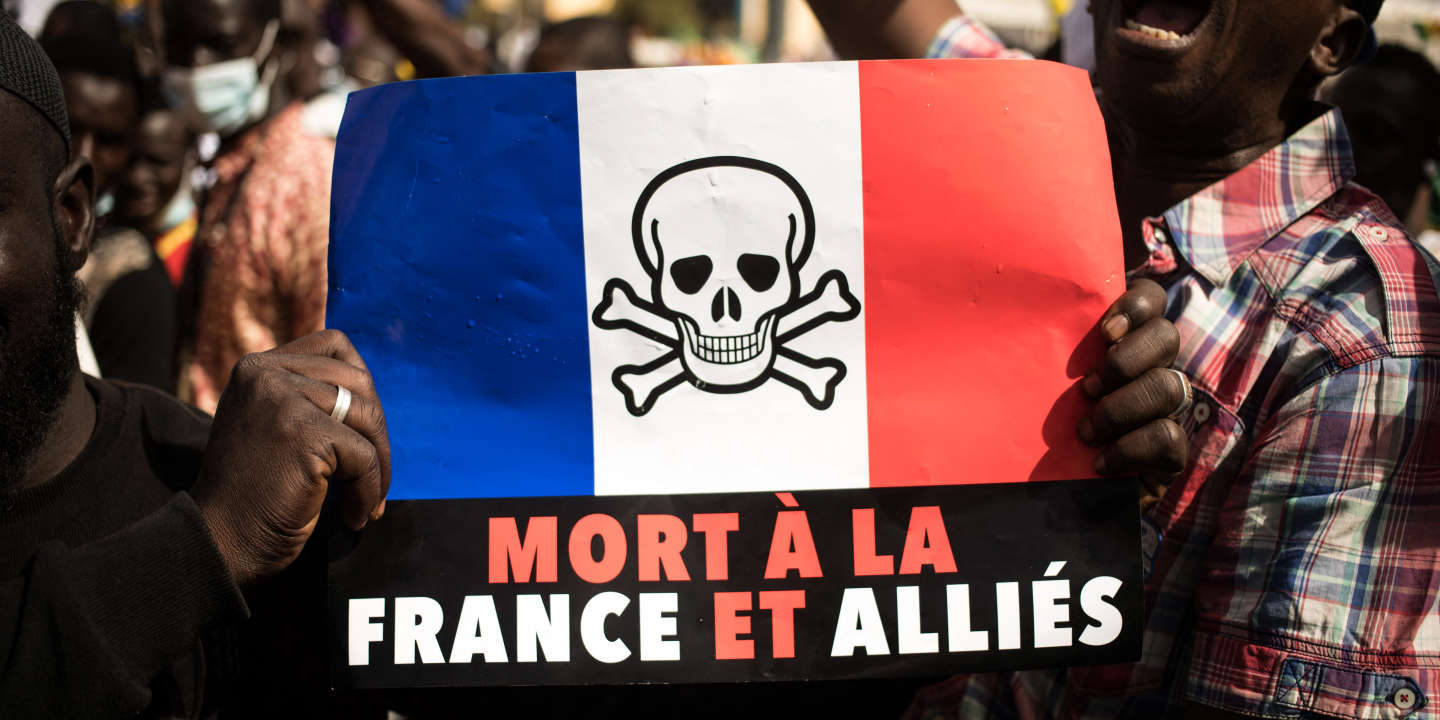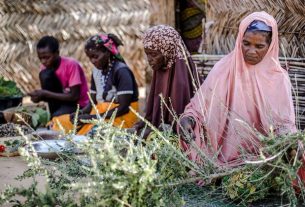Is it just a rough patch or is the relationship fully fractured? The year 2022 ended as it began, with a growing misunderstanding between France and the countries of French-speaking Africa, its former colonies. In January 2022, Mali expelled the French ambassador after the French minister of foreign affairs called the ruling Malian junta “illegitimate”. In December, the move was echoed by the departure of the last French soldiers from Bangui, in the Central African Republic. In both countries, France’s withdrawal left the field wide open to Russia and Wagner’s mercenaries. Meanwhile, anti-French rhetoric – often fueled by the Kremlin and its proxies – has flourished. In Ouagadougou, Bamako, N’Djamena and Niamey, demonstrations have frequently featured signs proclaiming “France get out!”.
Paris appears powerless against this rejection. And President Emmanuel Macron’s efforts to show that France stands with the most vulnerable countries – through initiatives such as the Food and Agriculture Resilience Mission (FARM), for example – have proven insufficient to win back hearts.
The November summit of French-speaking countries, in Tunisia, once again offered the spectacle of a tired family reunion, and Mr. Macron’s trip to Cameroon to meet with the irremovable Paul Biya further fueled accusations of complicity after his endorsement of Mahamat Déby as Chad’s new leader.
Thirst for balance
The disappointment is great, in the eyes of young Africans who had heard – and certainly wanted to believe – the promises of change made by Emmanuel Macron at the University of Ouagadougou in 2017. They now feel cheated of this reinvention of the relationship between France and Africa, from this honest inventory of the past. Does this mean that the gap can only continue to widen?
To measure these differences, Le Monde Afrique spokes with artists, intellectuals and activists in a series of interviews – some young, some less so; some the children of independence, others born in a globalized Africa.
We are interested in your experience using the site.
From Dakar to Djibouti, via Tunis, Douala and Antananarivo, they express their thirst for a more balanced and respectful relationship, without concealing the responsibility of African leaders in the assessment of the situation in their countries.



